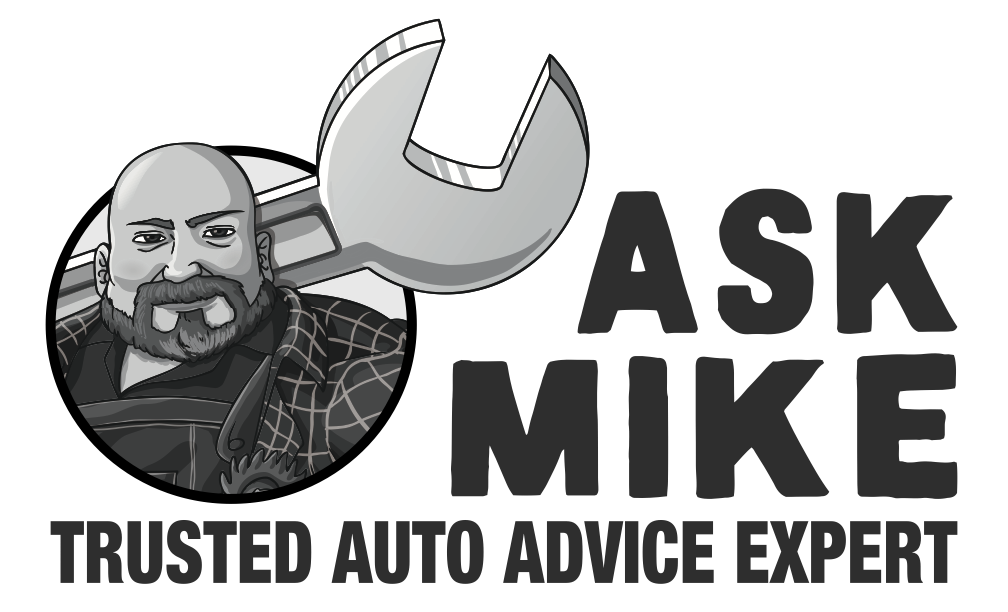Dear Mike,
I’ve been experiencing some engine troubles lately and I’m not quite sure what’s going on. I’ve heard that the variable valve timing (VVT) solenoid may be to blame, but I’m not exactly sure what the symptoms of a bad or failing VVT solenoid are. Can you shed some light on this for me?
Thanks,
Gertrude
Dear Gertrude,
Thank you for reaching out to me. It sounds like your engine is experiencing some issues, and it’s possible that the VVT solenoid may be the culprit. The good news is that there are some symptoms you can look out for to determine if this is the case.
Firstly, one of the most common signs of a faulty VVT solenoid is an illuminated check engine light. This should not be taken lightly (pun intended), because the ECU is responsible for monitoring the health of your vehicle. The check engine light is the ECU’s way of letting you know that something is wrong and needs to be addressed ASAP. So, if your check engine light is on, take your car to a trusted mechanic right away to have it inspected.
Another symptom of a failing VVT solenoid is dirty engine oil. Your engine oil is responsible for keeping everything lubricated and running smoothly, so if it’s clogged with dirt, debris, or foreign particles, it won’t be able to do its job properly. This can clog up the passageway from the solenoid to the VVT chain and gear, potentially causing damage to the solenoid or other components. Make sure to have your engine oil changed as recommended by your vehicle manufacturer to avoid this.
You may also experience rough engine idle, which is when your engine RPM fluctuates as the VVT system is activated. This can be caused by the VVT solenoid malfunctioning and introducing additional oil to the VVT gears. If your engine idle is rough, have a certified mechanic inspect it as soon as possible to prevent further damage to your engine.
Lastly, a failing VVT solenoid can cause a decrease in fuel economy. The variable valve timing system is designed to make sure your engine is running as efficiently as possible, so if it’s compromised, it can cause your intake and exhaust valves to open and close at the wrong time, leading to decreased fuel efficiency.
In summary, if you notice any of these symptoms, it’s important to have your car inspected by a licensed service provider or dealer. Don’t ignore warning signs, as they can quickly lead to more serious issues down the road.
Thanks for reaching out to me, Gertrude. I hope this information helps you diagnose any issues your engine may be experiencing.
Sincerely,
Mike Urban
Founder, Urban Automotive, the top Google rated auto repair shop in Oakville, Ontario Canada
